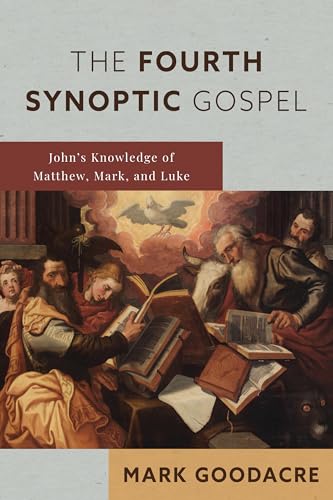2025.01.03 | Todd D. Still and David E. Wilhite. The Apologists and Paul. Pauline and Patristic Scholars in Debate. London: T&T Clark, 2024. Pp. xiv + 346. ISBN: 9780567715456.
Review by Jonathon Lookadoo, Presbyterian University and Theological Seminary, Seoul, Republic of Korea
Many thanks to T&T Clark for providing a review copy.
The Apologists and Paul provides a wide-ranging analysis of how Paul’s letters were employed by that loosely defined group of early Christian writers known as the apologists. This volume is the fourth in the series, Pauline and Patristic Scholars in Debate, all of which have been co-edited by Todd Still and David Wilhite. Earlier compilations took up the use of Paul by Tertullian (2013), the Apostolic Fathers (2017), and Irenaeus (2020). While the volumes have not appeared in the same chronological order as the early Christian authors and texts that they study, the respective contributions to the series are characterized by far-reaching coverage of the respective figures in the titles (the Apostolic Fathers, Irenaeus, and Tertullian) as well as depth in the probative explorations of how Paul was utilized by his later interpreters. The most recent book is no exception. Although the composition of some essays was delayed due to restrictions during the COVID-19 pandemic, the resulting collection is marked by breadth in its discussion of the apologists as well as depth in its attention to the details of how Paul was employed. Along the way, several essays shed light on many pre-requisites that must be understood to appreciate each respective apologist.



